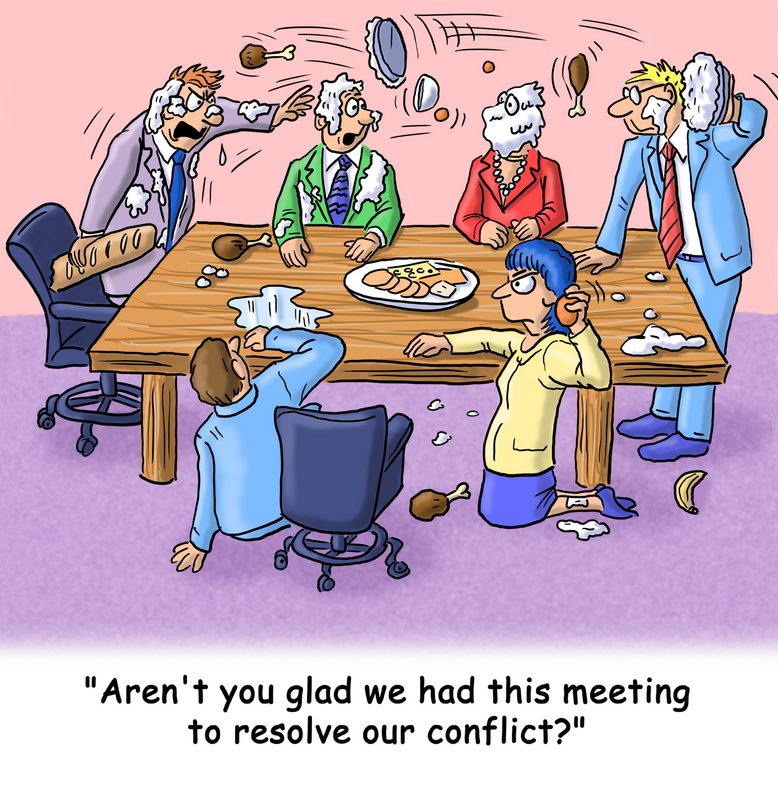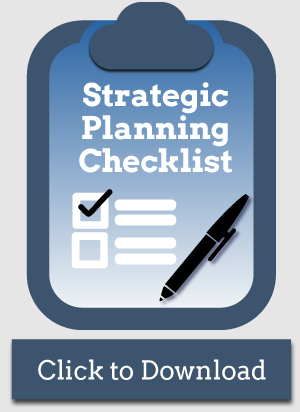The following are guidelines to use regarding roles in a meeting that could improve your meeting effectiveness.
Leader
All meetings need a leader.
Prior to the meeting they are to develop and distribute an appropriate agenda
During the meeting their primary role is to guide the “process” which would include:
-Seeing that the agenda is followed and only deviating from it when it is appropriate to do so
-Managing time which means starting and stopping on time and following times for each agenda topic unless extending the time is very important
-Seeing that there is good participation from all team members. This means that those that want to dominate the meeting do not do so and those that might not speak up do contribute.
-The leader should not be the one that leads the discussion on each topic as doing this would detract from their guiding the process. Other people should be assigned to lead the discussion on each topic.
After the meeting the leader should check with those that made commitments to ensure the important ones are being accomplished according to the plan.
Timekeeper
Monitors meeting progress regarding time planned for the agenda topics. They are to remind the team if they start getting behind on the schedule. It is the leader’s responsibility to manage the time
Recorder
Makes notes following the guidelines a team has identified and publishes them after the meeting. A recorder should make notes on a flip chart, white board, etc.. However, it is best that this is a different person than the one taking notes for the meeting. This task should not be done by the leader (as is frequently the case) as it will prevent them from being able to effectively guide the meeting process.
Facilitator
A professional can be used if the team cannot implement the changes needed.
I suggest to have as a topic for one of your meetings to review roles and determine if changes could be made that would make the meetings even more effective.
This stuff really works, give it a try!




Speak Your Mind